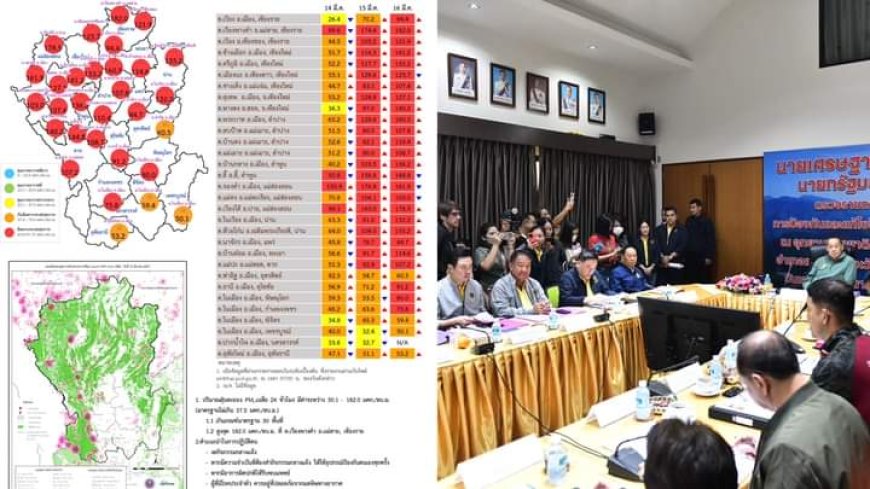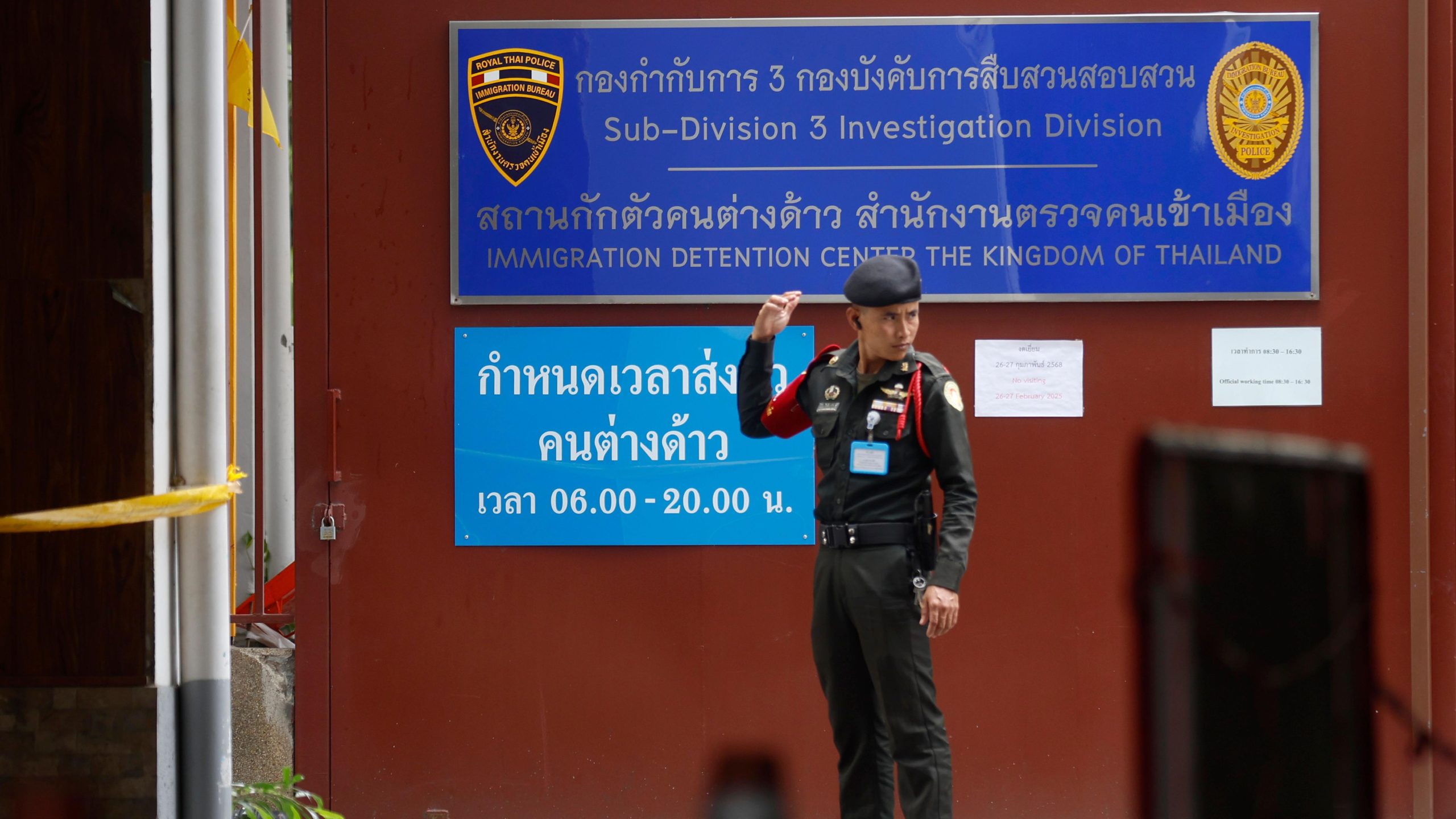The fighting situation in Ukraine has intensified. On March 22, 2024, Russia used missiles and drones
The fighting situation in Ukraine has intensified. On March 22, 2024, Russia used missiles and drones to attack the Zaporizhzhia nuclear power plant, the largest in Europe. This caused power outages across Ukraine and three deaths. Ukraine had to source emergency power from Poland, Romania and Slovakia. Ukraine later attacked Rosneft’s Kuibyshev (177,000 bpd) and Novokuibyshev (140,000 bpd) refineries in Samara region of Russia
The summit of the leaders of the European Union (EU) on 21-22 March 2024 agreed to return the assets of the Central Bank of Russia that were frozen in Europe (total value 270 billion euros or approximately 300 billion). 90% of the US dollars goes to buying weapons for Ukraine, and the remaining 10% is used to support Ukraine’s defense industry.
On March 22, 2024, there was a violent terrorist attack in Russia from a shooting. 137 people were killed and 180 injured at the Crocus City Hall concert hall in Krasnogorsk, on the border with Moscow. While organizing a concert for the rock band Picnic, the Islamic State group later said it was responsible. Russia arrested four suspects while they were trying to escape to Ukraine. President Vladimir Putin said that Ukraine is preparing to open the way for border crossing.
Oil supply tends to increase from countries outside the OPEC+ group, such as the United States, where the Chairman of the Board of Directors ConocoPhillips CEO Ryan Lance said at the CERAWeek conference that US crude oil production in 2024 will be 14 million barrels per day (EIA expects production of 13.5 million barrels per day in 2024).









